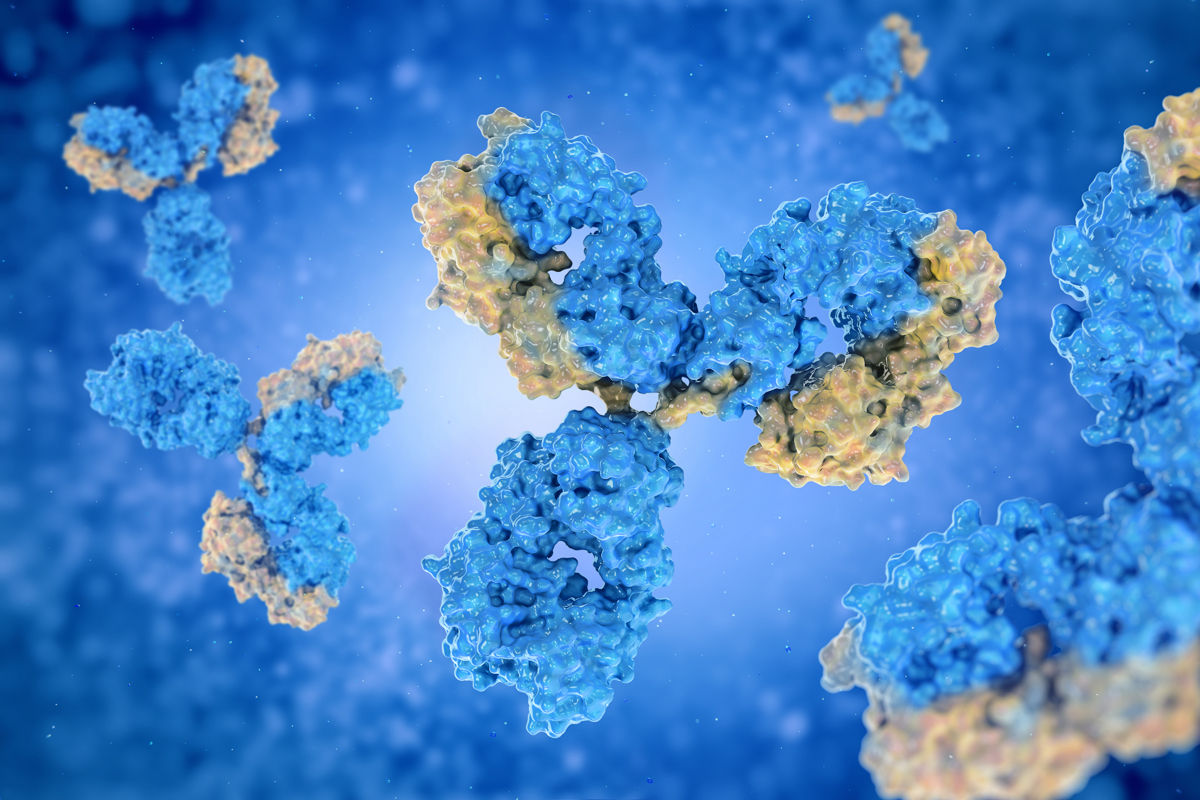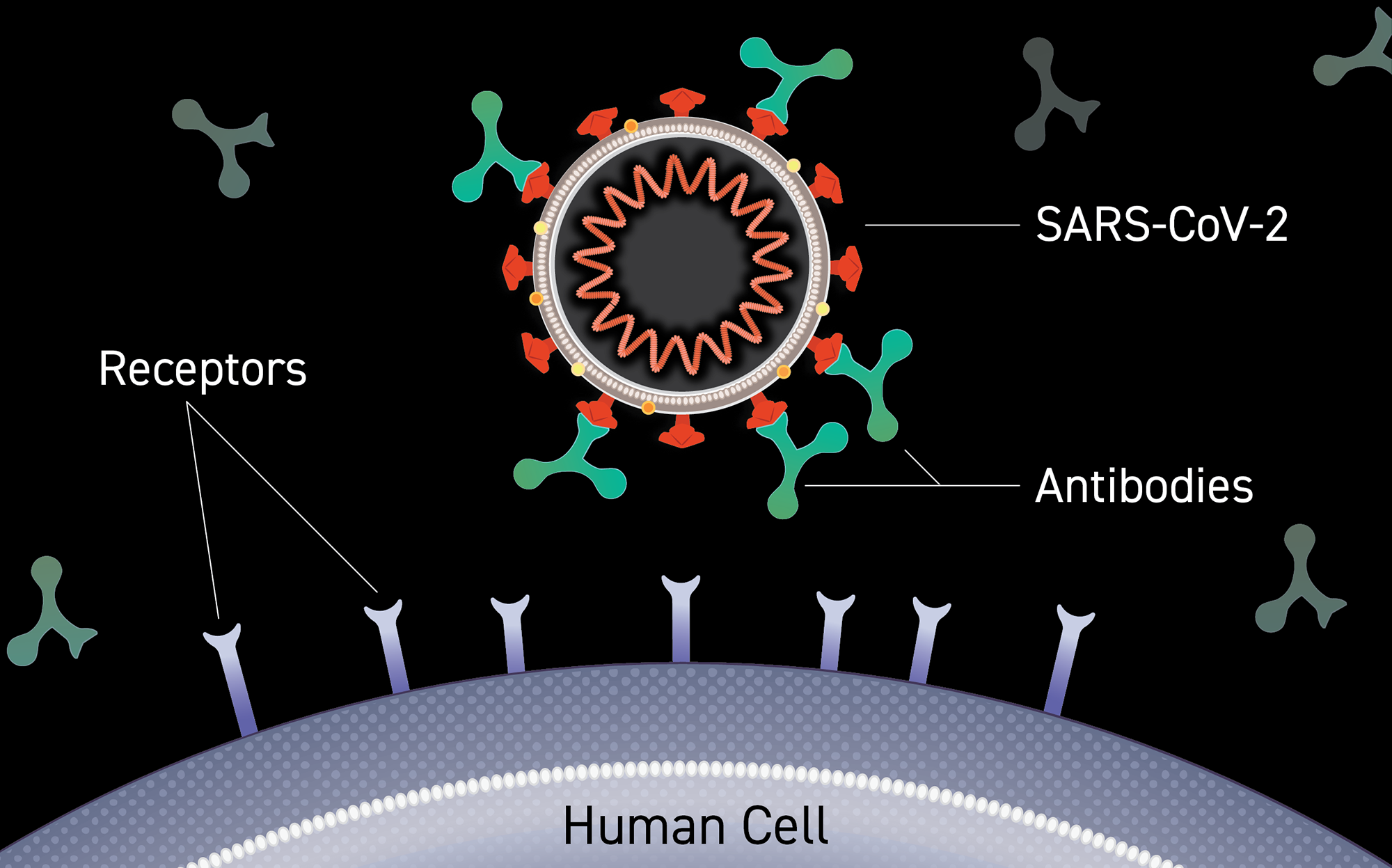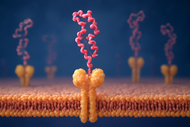what are antibodies
Posted by Lieven Gevaert on 24th Apr 2024

Immunoglobulins, another name for antibodies, are specialized proteins that the immune system produces in reaction to the presence of foreign substances called antigens. These antigens can include toxins, allergens, bacteria, viruses, and more. Because they identify, attach to, and neutralize antigens, antibodies are essential for the immune response and aid in the defense against infections and illnesses.
|
Site |
|
|
Amersham-Pharmacia biochemicals & molecular reagents, consumables and instruments |
|
|
American culture collection of microorganisms |
|
|
Belgian culture collection of microorganisms |
|
|
Culture media, labware, diagnostic products |
|
|
Disposable and reusable labware (plastic & glass) and benchtop equipment |
|
|
Fluorescent products |
|
|
Product for life science research |
|
|
Molecular biology products |
|
|
German culture collection of microorganisms |
|
|
Chemicals |
|
|
Products for filtration |
|
|
Culture media and reagents for microbiology and cell culture |
|
|
Molecular biology products |
|
|
Films and equipment for pictures |
|
|
Chemicals and biochemicals for life science research |
|
|
Chemicals, reagents, instruments |
|
|
Filtration products |
|
|
Molecular biology products |
|
|
Molecular biology products |
|
|
Molecular biology and diagnostic products |
|
|
Filtration products |
|
|
Link to company homepage, glassware, optical filters |
|
|
Chemicals, biochemicals, labware instruments, material for education |
|
|
Molecular biology products |
|
|
United Kingdom culture collection of microorganisms |
|
|
Chromatography products |
|
|
Laboratory Supplies |
|
|
Products for microscopy |
Because each antibody is highly specific to a single antigen, it will only bind to that particular antigen and nothing else. For the immune system to successfully recognize and eliminate dangerous invaders while sparing healthy cells damage, specificity is essential.
B lymphocytes (B cells) are a subset of white blood cells that produce antibodies. A B cell is activated and differentiates into plasma cells—specialized cells that generate copious amounts of antibodies—when it comes into contact with an antigen that corresponds to its particular antibody receptor. After being released into the bloodstream and other body fluids, these antibodies can search for and neutralize antigens throughout the body.
Antibodies not only directly neutralize antigens but also perform other crucial functions in the immune response. To aid in the removal of infections, they can stimulate additional immune system elements like phagocytes and complement proteins. Additionally, antibodies have the ability to bind to antigens and mark them for opsonization—the process by which immune cells destroy antigens.
Antibodies are crucial parts of the immune system that work to neutralize and target harmful invaders, thereby offering a strong defense against infections and diseases.
How long do covid antibodies last?

The length of time that COVID-19 antibodies last varies from person to person and is influenced by a number of variables, such as the type of antibodies produced, the individual immune response, and the intensity of the infection.
According to studies, most COVID-19 infections result in the development of antibodies against the virus a few weeks after infection. The durability of these antibodies can differ, though. According to research, some individuals may continue to have detectable antibody levels for several months, while others may eventually see a decrease in antibody levels.
Certain individuals may experience a faster decline in antibody levels, particularly those with mild or asymptomatic infections. On the other hand, individuals who experienced more severe COVID-19 cases might have a stronger and more persistent antibody response.
Furthermore, the kind of antibodies that are made can affect how persistent they are. For instance, studies indicate that IgG antibodies, which offer some degree of immunity against reinfection, may endure for several months following infection. Long-term protection against COVID-19 is also mediated by memory T cells and other immune system components; however, the length of immunity provided by antibodies alone is still under investigation.
In conclusion, although COVID-19 antibodies might offer some degree of defense against re-infection, it is crucial to keep up with public health recommendations, including immunization and the use of protective gear like masks and physical separation, in order to lower the risk of infection and guarantee total protection against it.
what do antibodies do?
Immunoglobulins, another name for antibodies, are vital components of the immune system's defense against pathogens, which include bacteria, viruses, and other dangerous substances. What antibodies do is as follows:
Recognition and Binding: Pathogens and other foreign substances have molecules on their surface called antigens, which are recognized by antibodies and bound to them. Similar to a lock and key mechanism, this highly specific binding makes sure that every antibody only targets the antigen that matches it. Antibodies that have attached themselves to an antigen have the ability to neutralize the pathogen's ability to infect cells or cause damage. This can happen by a number of methods, like interfering with the pathogen's replication or preventing it from entering host cells.
Terms of positions: Pathogens can also be marked by antibodies for phagocytes and other immune system members to destroy. Opsonization is the process by which immune cells recognize and eliminate pathogens more effectively. Activation of Complement: The complement system, a collection of proteins that either directly aid in the destruction of pathogens or strengthen the immune response against them, can be activated by antibodies. Immune Memory: The immune system remembers the particular antigens it has come into contact with after an infection or vaccination. Immune cells known as memory B cells keep making antibodies that are particular to those antigens. Long-term immunity is produced as a result, enabling a quicker and stronger immune response to the same pathogen on subsequent exposures.
In conclusion, antibodies are vital parts of the immune system that identify, counteract, and assist in getting rid of pathogens, keeping the body safe from illnesses and infections.

